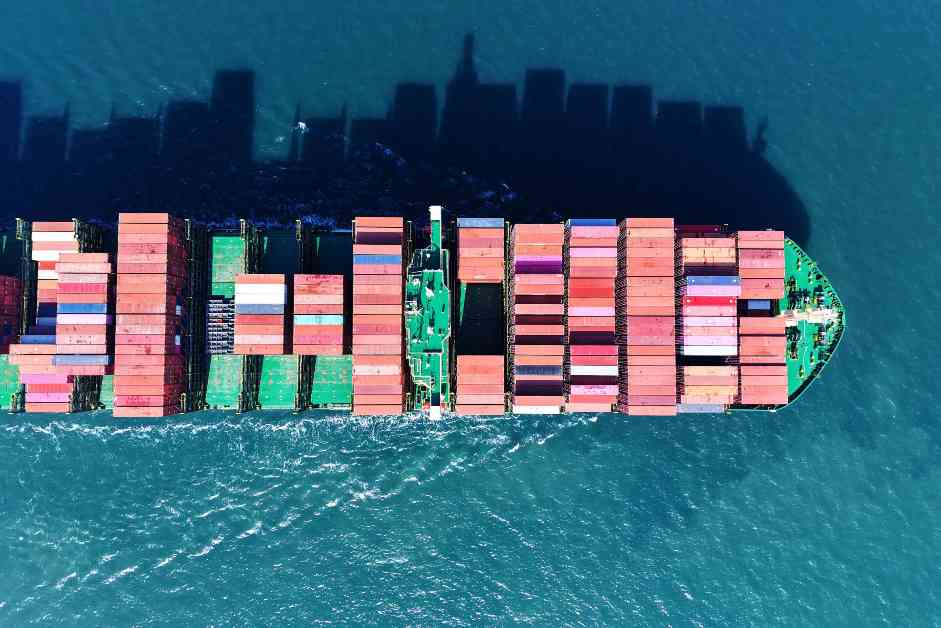Despite growing support for a global levy on international shipping emissions, the recent talks in London highlighted continued opposition from major emerging economies. The negotiations, held at the International Maritime Organisation (IMO), saw an additional twelve countries backing the proposal to tax pollution from ships in a bid to reduce the sector’s emissions and generate revenue for climate action. However, countries like Brazil, China, Indonesia, Saudi Arabia, and South Africa remain skeptical, expressing concerns about the potential impact on developing nations and food security.
Support Grows for Emissions Tax
Christiaan De Beukelaer, a senior lecturer at the University of Melbourne, pointed out that countries responsible for the majority of fossil fuel subsidies are hindering progress on implementing a shipping levy. Despite the global efforts to combat climate change, these countries, including Brazil, have yet to fully commit to urgent climate action within the shipping industry.
With over 60 countries, including the European Union, the UK, Japan, Nigeria, and Kenya, rallying behind the emissions tax proposal, there is a growing momentum for change. New supporters like Malawi, Mexico, Namibia, and others have joined the cause, aligning with Pacific island nations in their push for greener practices in the maritime industry.
As the talks ended with minimal concrete progress, stakeholders and experts are urging for swift action to address the pressing issue of shipping emissions. Faig Abbasov, shipping director at NGO Transport & Environment, emphasized the urgency, stating, “The dirty ship hasn’t moved an inch yet,” underscoring the need for tangible results from these discussions.
Challenges and Controversies
While the push for an emissions levy gains traction, there are inherent challenges and controversies surrounding its implementation. The debate over the levy’s structure and utilization of generated revenue remains a point of contention among stakeholders. Questions about the tax rate, ranging from $18 to $150 per tonne of carbon dioxide emitted, and the allocation of funds for clean energy transition versus broader climate initiatives have yet to be resolved.
Furthermore, the issue of defining clean fuels for the shipping industry poses a significant challenge. The absence of clear guidelines on permissible clean fuels raises concerns about the unintended consequences of transitioning to alternative energy sources. Experts like Delaine McCullough of the Ocean Conservancy stress the importance of careful consideration to ensure that cleaner fuels do not exacerbate environmental problems.
As countries gear up for crucial talks in April, the pressure is on to reach a consensus on the adoption of a universal levy to curb shipping emissions. Ambassador Albon Ishoda of the Marshall Islands highlighted the urgency of this measure, emphasizing that without a global tax, the IMO’s climate targets would lack substance. The looming deadline for carbon-cutting measures by 2027 underscores the need for swift and decisive action to address the environmental impact of global shipping.
Despite the roadblocks and differing opinions on the efficacy and implications of a shipping emissions tax, there is a growing recognition among nations of the need for collective action. As the world grapples with the challenges of climate change, the maritime industry stands at a crossroads, poised to embrace greener practices and reduce its carbon footprint for a sustainable future.














